The administration has decided to deem the Shabab, the Islamist militant group in Somalia, to be part of the armed conflict that Congress authorized against the perpetrators of the Sept. 11, 2001, terrorist attacks, according to senior American officials. The move is intended to shore up the legal basis for an intensifying campaign of airstrikes and other counterterrorism operations, carried out largely in support of African Union and Somali government forces.
The executive branch’s stretching of the 2001 war authorization against the original Al Qaeda to cover other Islamist groups in countries far from Afghanistan — even ones, like the Shabab, that did not exist at the time — has prompted recurring objections from some legal and foreign policy experts.
The Shabab decision is expected to be publicly disclosed next month in a letter to Congress listing global deployments. It is part of the Obama administration’s pattern of relaxing various self-imposed rules for airstrikes against Islamist militants as it tries to help its partner forces in several conflicts.
For now, the administration intends to continue its strategy in Somalia of primarily helping partner forces battle the Shabab — including carrying out airstrikes to defend them when they get into trouble during missions. It is not declaring Somalia an "area of active hostilities,” which would free up the American military to carry out airstrikes targeting low-level militants more expansively.
In particular, officials said, Somalia — unlike Afghanistan, Iraq, Syria and Surt — will continue to be subject to the Presidential Policy Guidance, the set of 2013 rules for drone strikes and other counterterrorism operations outside conventional war zones.
The 2013 rules apply restraints on the use of lethal force outside areas of active hostilities. They include high-level interagency review of proposed strikes and requirements that the target pose a threat to Americans — not just to American interests — and near certainty that no civilians would be killed.
But the military always retains an inherent right to carry out strikes in its own defense, officials said, and it has conducted "collective self-defense” strikes to aid partners in Somalia with growing frequency over the past year.
On March 5, the military carried out a huge airstrike in Somalia that killed over 150 people said to be Shabab fighters planning to attack an African Union base where American advisers were stationed. The military undertook the strike without consulting Washington policy makers, calling it a matter of self-defense.
The enormous death toll raised internal questions, officials said, about whether the self-defense exception in the 2013 rules had become a loophole permitting more unconstrained warfare. The dilemma sharpened in the following months as American-trained Somali government forces got into trouble and required "collective self-defense” airstrikes to bail them out, even though no American advisers faced direct threat.
The emerging pattern, officials said, brought to the surface an inherent conflict between two principles of Mr. Obama’s counterterrorism strategy: his effort to impose constraints on airstrikes outside war zones, as reflected in the 2013 rules, and his "light footprint” approach of building up and working with partner forces rather than using American forces to occupy countries.
One problem, the officials said, is that the 2013 rules were written against the backdrop of operations at the time in Yemen, in which drones based abroad flew over the country, took planned shots and flew out again. But when American advisers are on the ground working with partners, as they are in Somalia, both the Americans and their partners attract fire or get into combat situations and need to be defended.
"I think it’s a real tension,” said Luke Hartig, who was the senior director for counterterrorism at the National Security Council until this year. "We ask countries to go into the fight against our counterterrorism adversaries, but we have a stated policy of not using force against groups unless they pose a continuing and imminent threat to Americans.”
"At the same time, we don’t want to just be everyone’s air force,” said Mr. Hartig, who is now a fellow at New America, a think tank in Washington.
The administration decided against exempting Somalia from the 2013 rules because its adherence to limits intended to avoid civilian casualties was seen as helping to maintain partner support for American operations.
Another aspect of the dilemma the administration faces, the officials said, centers in part on the War Powers Resolution, a post-Vietnam War law that limits combat deployments that Congress has not authorized to 60 days.
After the March 5 airstrike, the administration argued that the War Powers Resolution limits did not apply to strikes made both to aid African Union forces battling the Shabab and to defend American advisers. The idea was that Americans had been deployed to Somalia in part to counter Qaeda-linked Shabab elements, so the 2001 authorization covered their presence and strikes to defend them from any threat.
But as American partners have been going after the Shabab in general more often without any particular focus on individuals linked to Al Qaeda, it has been harder to point to any congressional authorization for such airstrikes that would satisfy the War Powers Resolution.
As the election neared, the administration decided it would be irresponsible to hand off Somali counterterrorism operations to Mr. Obama’s successor with that growing tension unresolved.
Now, as Mr. Zenko pointed out, "this administration leaves the Trump administration with tremendously expanded capabilities and authorities.”


 0
0 
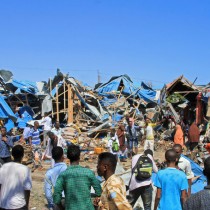


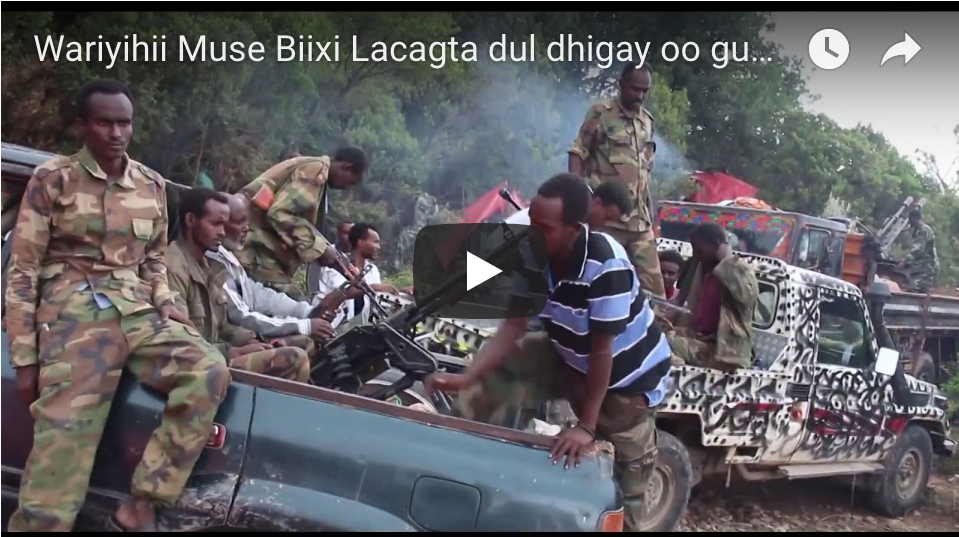
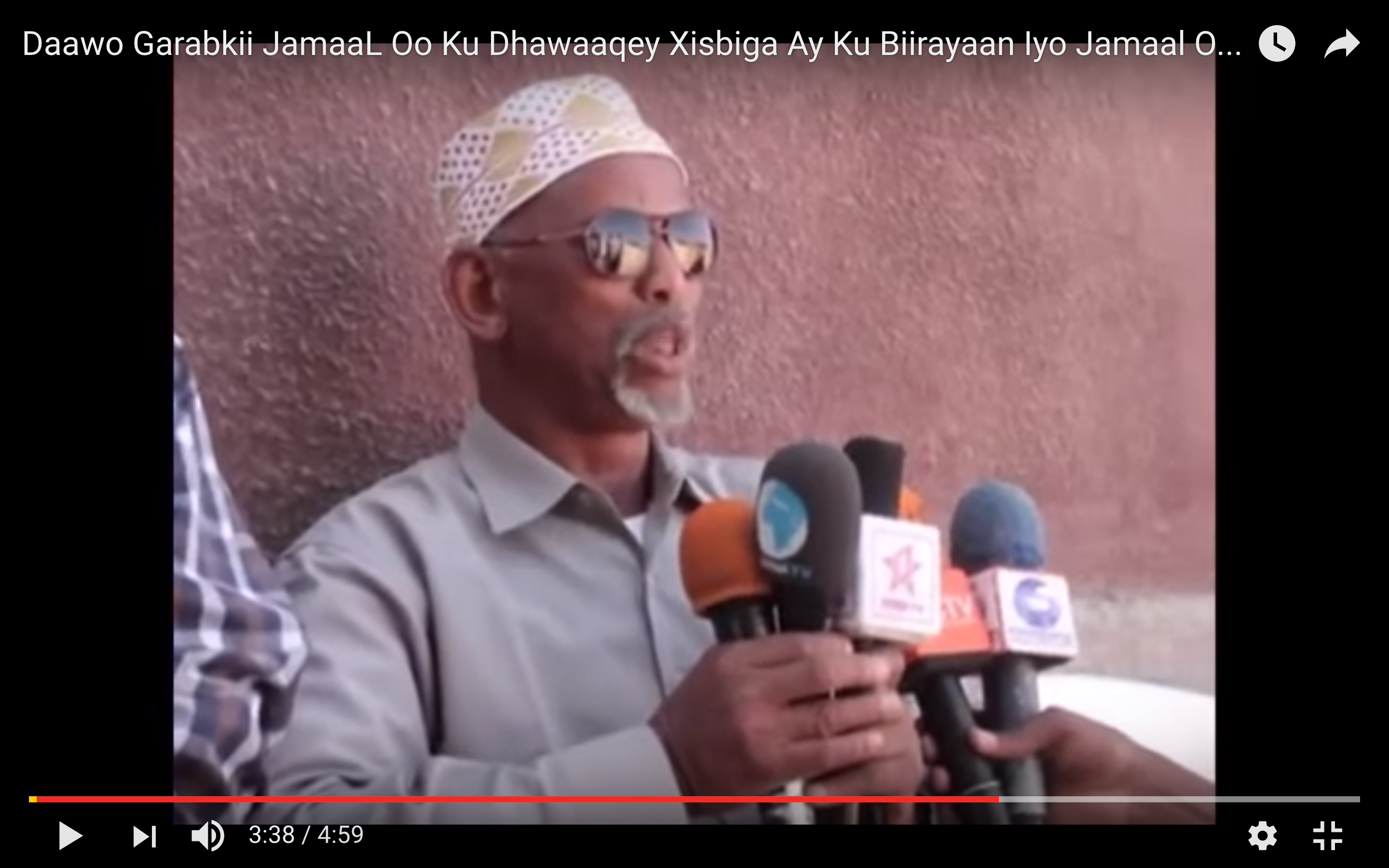


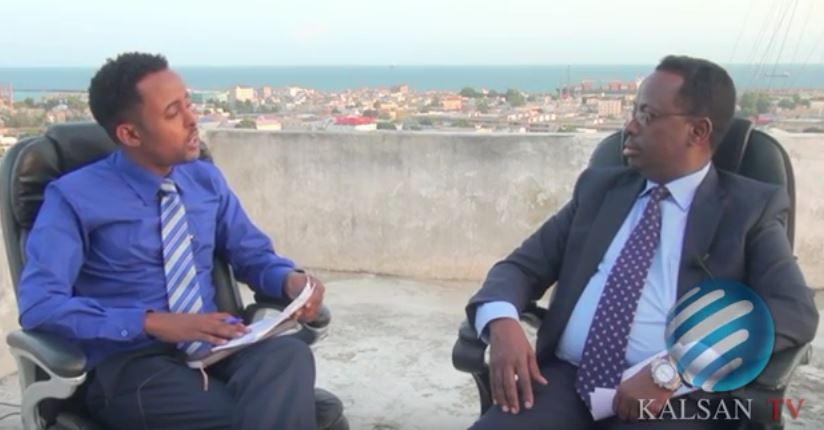
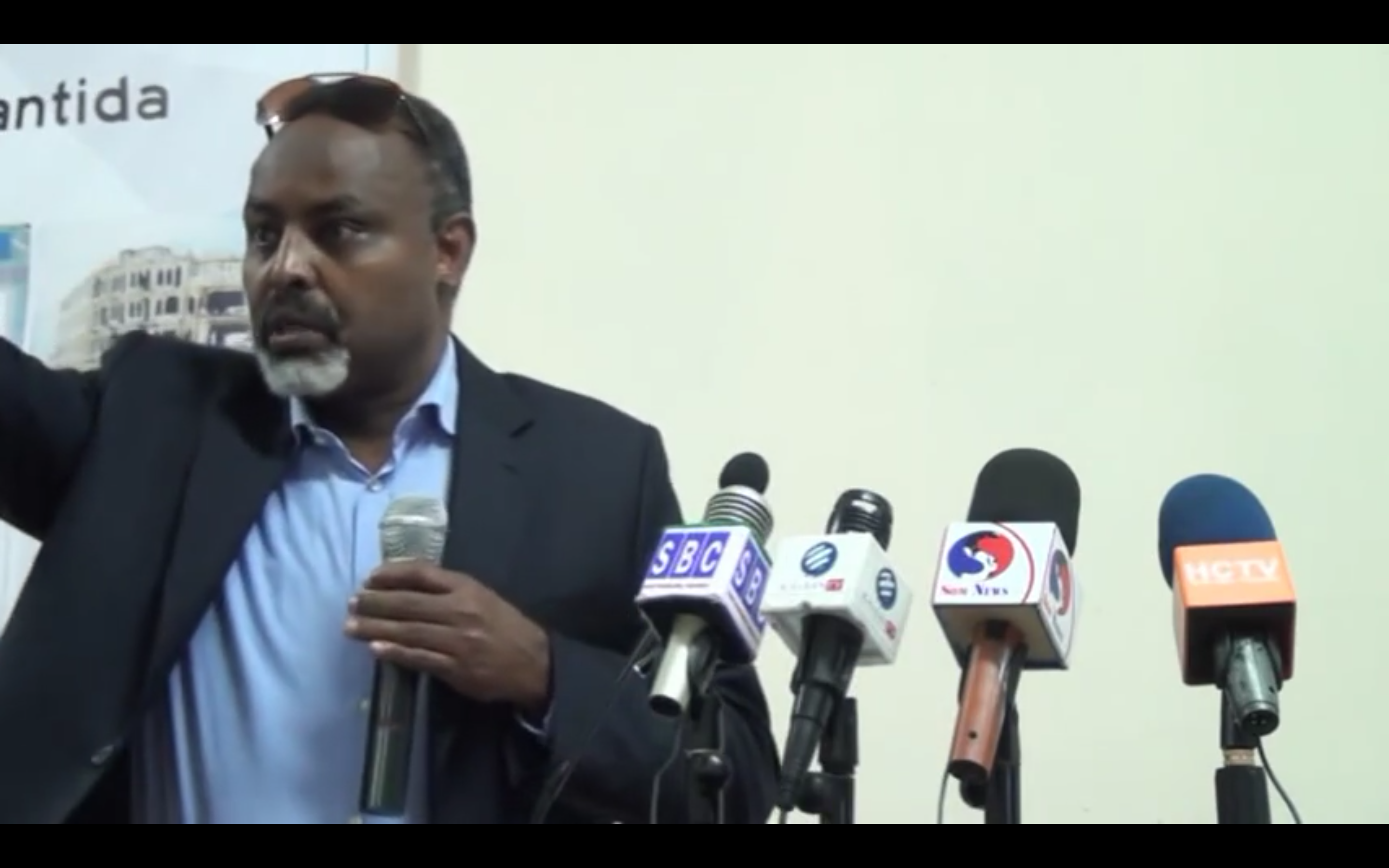


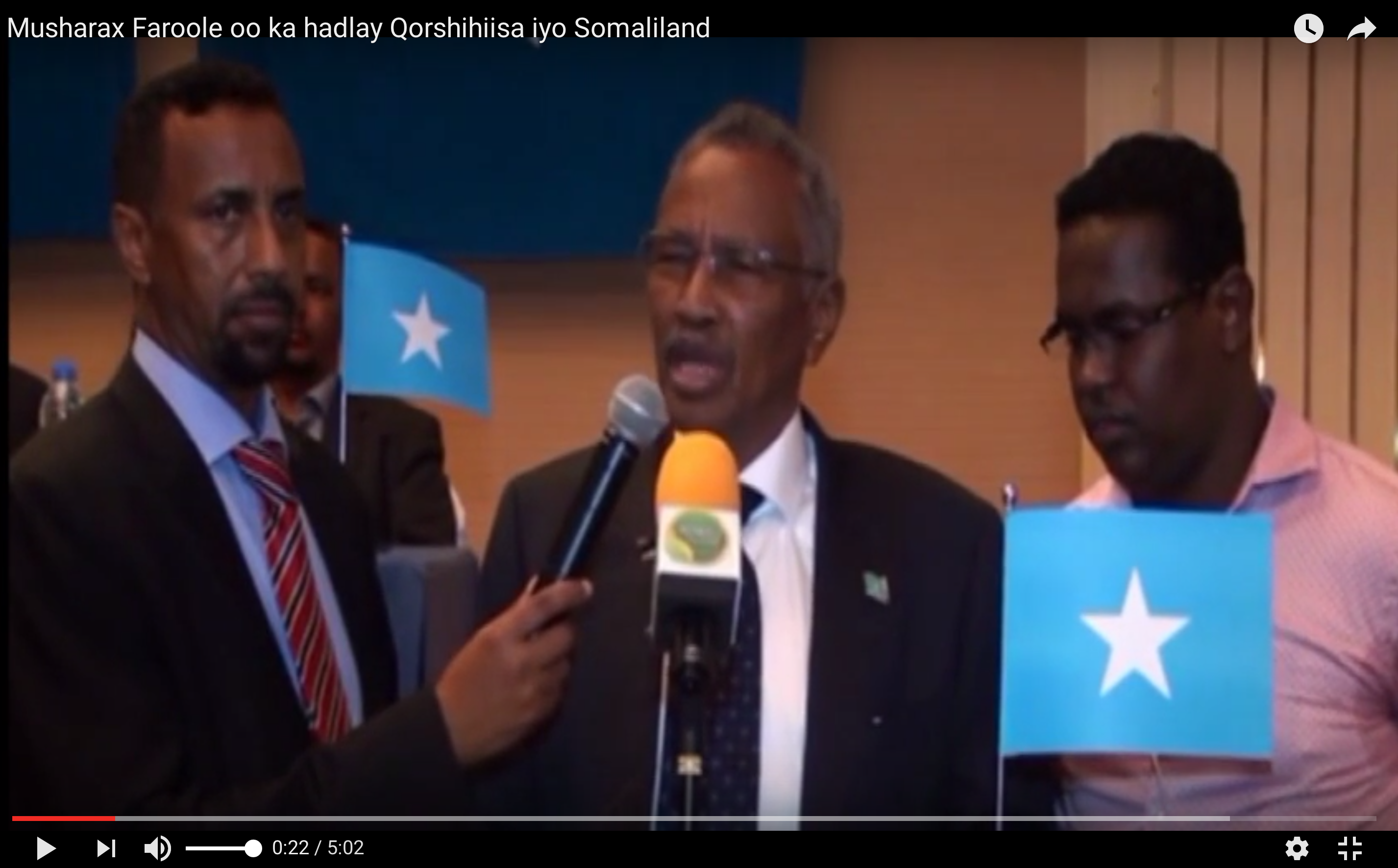







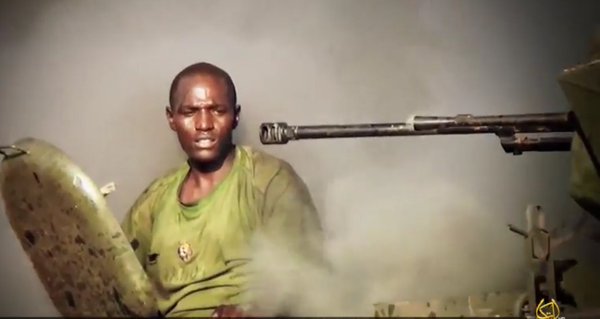


Obama Expands War With Al Qaeda to Include Shabab in Somalia
WASHINGTON — The escalating American military engagement in Somalia has led the Obama administration to expand the legal scope of the war against Al Qaeda, a move that will strengthen President-elect Donald J. Trump's authority to combat t